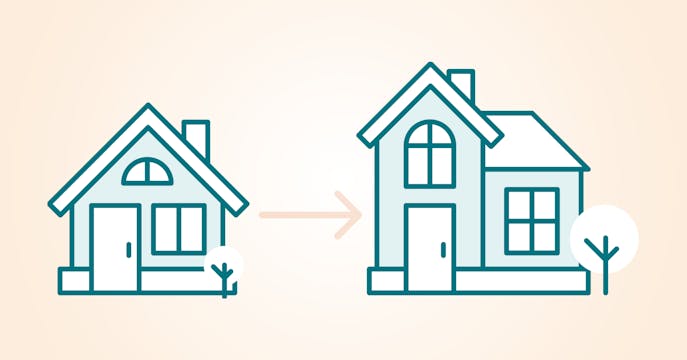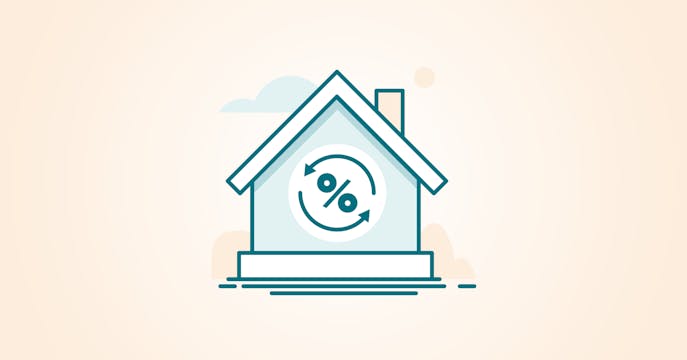Buying a winter getaway is an attractive prospect.
A getaway place of your own to store the skis, leave the snowball fort standing when you go — and build memories. Renting, even for a short time, can be competitive and costly for high-demand areas, making the 'own' seem an appealing alternative.
During the pandemic, residential getaways (for sun or snow) were very attractive. In Canada, this market was sent into a frenzy thanks to low mortgage rates, on-hand savings, and work-from-home mandates. Historic peak pricing was hit as a result of this higher-than-normal demand.
Airbnbs (aka short-term rentals) also became a major money maker for those interested in real estate investment, taking advantage of the heightened 'vacation' demand to grow their wealth or help pay off their existing mortgages.
But has it gotten more affordable?
Now, the shine is coming off the (getaway) icicle. According to Royal LePage, 41% of their recreational property market experts reported an increase in inventory as a direct result of rising interest rates. And 24% saw a decline in buyer demand (which the report suggests may also be due to intense wildfire activity this year).
This cooling has also cooled pricing in the recreational market — with a 0.7% decrease in national average single-family home prices in those areas.
That doesn't necessarily mean that all recreation-area pricing is suddenly within reach, but a more balanced market may cough up purchase options that weren't there before to help you find your dream retreat.
4 Tips for Vacation-Home Mortgage Approval
If you're thinking about taking the ice plunge to buy a vacation property, here are a few things to consider:
1. Your minimum down payment isn't set in ice.
Things like year-round access and water supply may affect whether you'll have a high-ratio mortgage option for as little as 5% down, or you may be required to have 20% down or more (or not be able to obtain mortgage funding).
2. A popular recreational area doesn't guarantee a lender will lend there.
Your lender options (and access to lower rates) may be limited based on your area of interest and property type. Certain zoning and vacation allocations, such as condo-style resorts with rental pools, may only be considered by select lenders on an exception basis. Timeshares, as well, typically won't be considered by a lender and require cash funding to buy.
Your expert True North Mortgage broker can help you determine your best options for mortgage approval depending on your situation.
3. Rustic, cottagey dwellings can be cozy and quaint but may come with mortgage restrictions.
The mortgage you can get for properties with only seasonal access that aren't winterized or don't receive year-round plumbing may be subject to certain restrictions (such as mortgage amount, rate type, or a default insurance necessity), as lenders will be more cautious about the resale value.
4. You may be able to refinance your current home to buy your getaway.
Taking out equity from your current home for a second property through a refinance may be a viable option to consider — especially in circumstances where lenders won't lend.
Read more here about how vacation and second-home mortgages work. Talk to one of our expert brokers in your preferred language if you have more questions.




